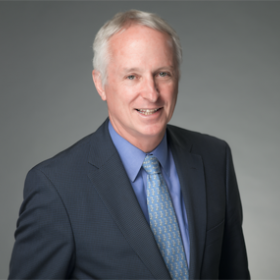
Cameron Munter Discusses Latest Truce in Syrian War
Speaking to Voice of America's International Edition, Munter says one of the crucial elements in the latest agreement is the separation between terrorist and non-terrorist groups in the resistance movement.
A nationwide ceasefire brokered by the United States and Russia kicked off Monday evening (September 12) to pave the way for peace efforts, including to deliver badly needed aid to besieged areas including the northern city of Aleppo.
Below are some excerpts of the interview, which can be accessed here.
VOA: What does this agreement consist of?
Munter: There are a number of elements. One of them is a seven day ceasefire, a test period as (Russian Foreign Minister Sergei) Lavrov called it, in which the key element is the Syrian Air Force would not be flying ... So a seven day period in which there will be a ceasefire and we would see whether there would be the ability of the Americans and the Russians to press—in the Russian case, the government of Assad, and in the American case, the non-terrorist resistance movement—to come to terms, to come to the negotiating table to talk about the future. I think one of the key elements here is that there was an agreement that they wanted to separate the terrorist from the non-terrorist opposition.
Is there a path to peace as long as Russia supports the Assad regime?
Some of the speculation in the press, I thought was very interesting, that the Russians would say that in the long run they aren't weded to the idea that Assad stays forever. That is to say, the assessment of some people is that what the Russians are interested in is stability in the region, avoidance of chaos, rather than necessarily the survival or long term role of Assad.
So I think from the Western point of view, there's the question "would there be a solution if during this period you can begin to talk about power sharing or autonomy or other kinds of arrangement in the country beyond the civil war?" The big question is whether the Russians would be willing to say, part of that, is the transition away from Assad's role. No one really knows that but I think a lot of people in the West are hoping for that.

